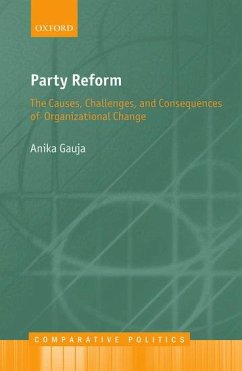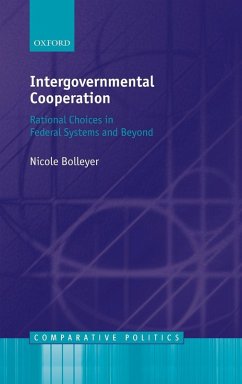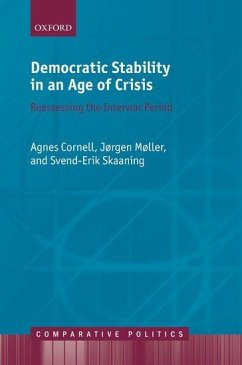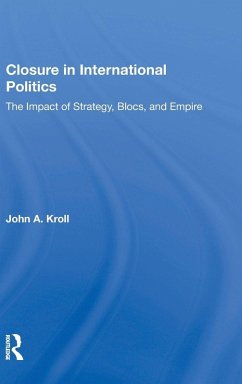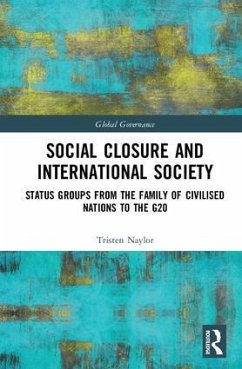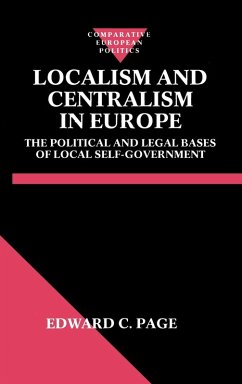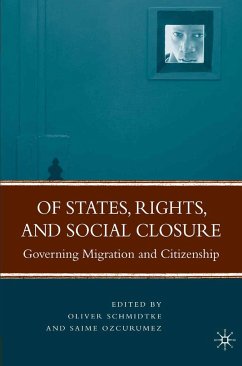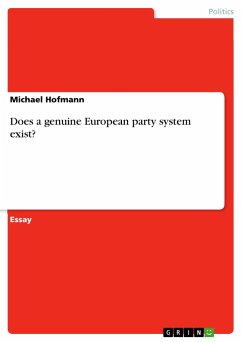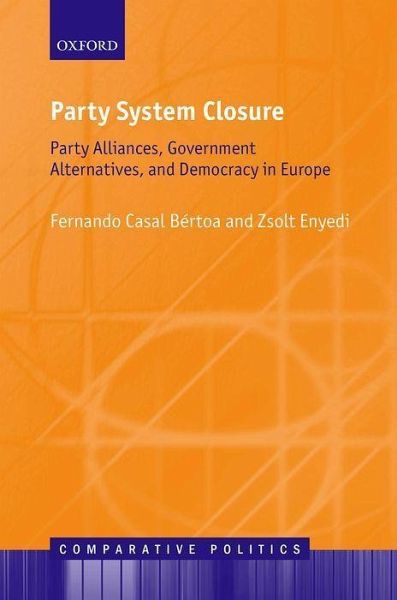
Enyedi Casal Bertoa
Gebundenes Buch
PARTY SYSTEM CLOSURE CEP C
Versandkostenfrei!
Versandfertig in 1-2 Wochen

PAYBACK Punkte
53 °P sammeln!




This book maps trends in inter-party relations in Europe from 1848 until 2019. It investigates how the length of democratic experience, the institutionalization of individual parties, the fragmentation of parliaments, and the support for anti-establishment parties, shape the degree of institutionalisation of party systems.
Fernando Casal Bértoa is an Associate Professor in the School of Politics and International Relations, University of Nottingham. He is co-director of REPRESENT: Research Centre for the Study of Parties and Democracy. His work has been published in numerous scholarly journals, such as the Journal of Politics, European Journal of Political Research, Sociological Methods and Research, Electoral Studies, West European Politics, Party Politics, European Political Science Review and Democratization. He was awarded the 2017 Gordon Smith and Vincent Wright Memorial Prize, the 2017 AECPA Prize for the Best Article and the 2018 Vice-Chancellor Medal of the University of Nottingham for 'exceptional achievements'. Zsolt Enyedi is Professor at the Political Science Department of Central European University. He (co)authored two and (co)edited eight volumes and published numerous articles and book chapters, mainly on party politics and political attitudes. His articles appeared in journals such as European Journal of Political Research, Political Studies, Political Psychology, West European Politics, Party Politics, Europe-Asia Studies, Perspectives on Politics, European Review, etc. He has received a number of academic awards such as the Rudolf Wildenmann Prize, 2003, Bibó Prize, 2004, and the Hungarian Academy Award 2020.
Produktdetails
- Verlag: ACADEMIC
- Seitenzahl: 308
- Erscheinungstermin: 13. Mai 2021
- Englisch
- Abmessung: 240mm x 161mm x 21mm
- Gewicht: 628g
- ISBN-13: 9780198823605
- ISBN-10: 0198823606
- Artikelnr.: 61647733
Herstellerkennzeichnung
Libri GmbH
Europaallee 1
36244 Bad Hersfeld
gpsr@libri.de
Für dieses Produkt wurde noch keine Bewertung abgegeben. Wir würden uns sehr freuen, wenn du die erste Bewertung schreibst!
Eine Bewertung schreiben
Eine Bewertung schreiben
Andere Kunden interessierten sich für


